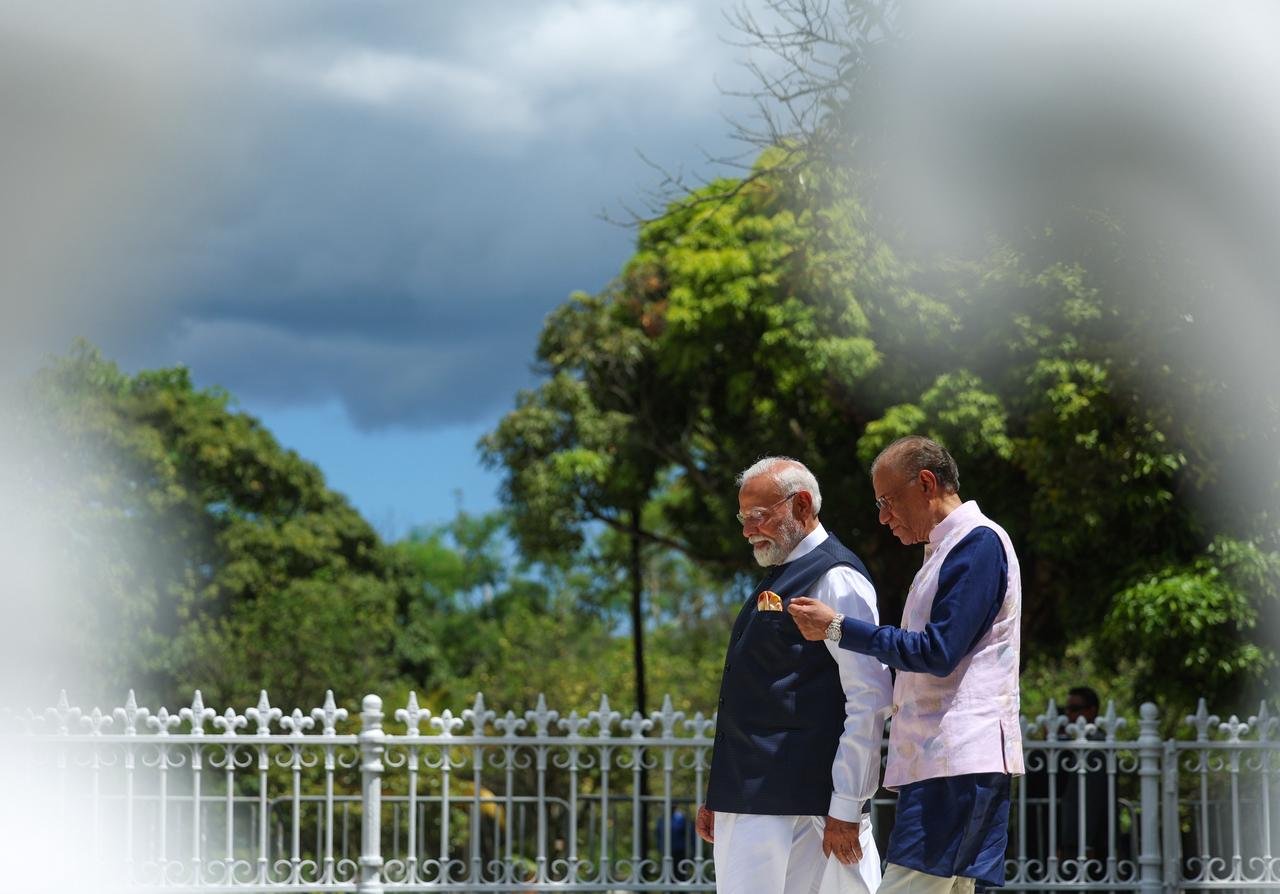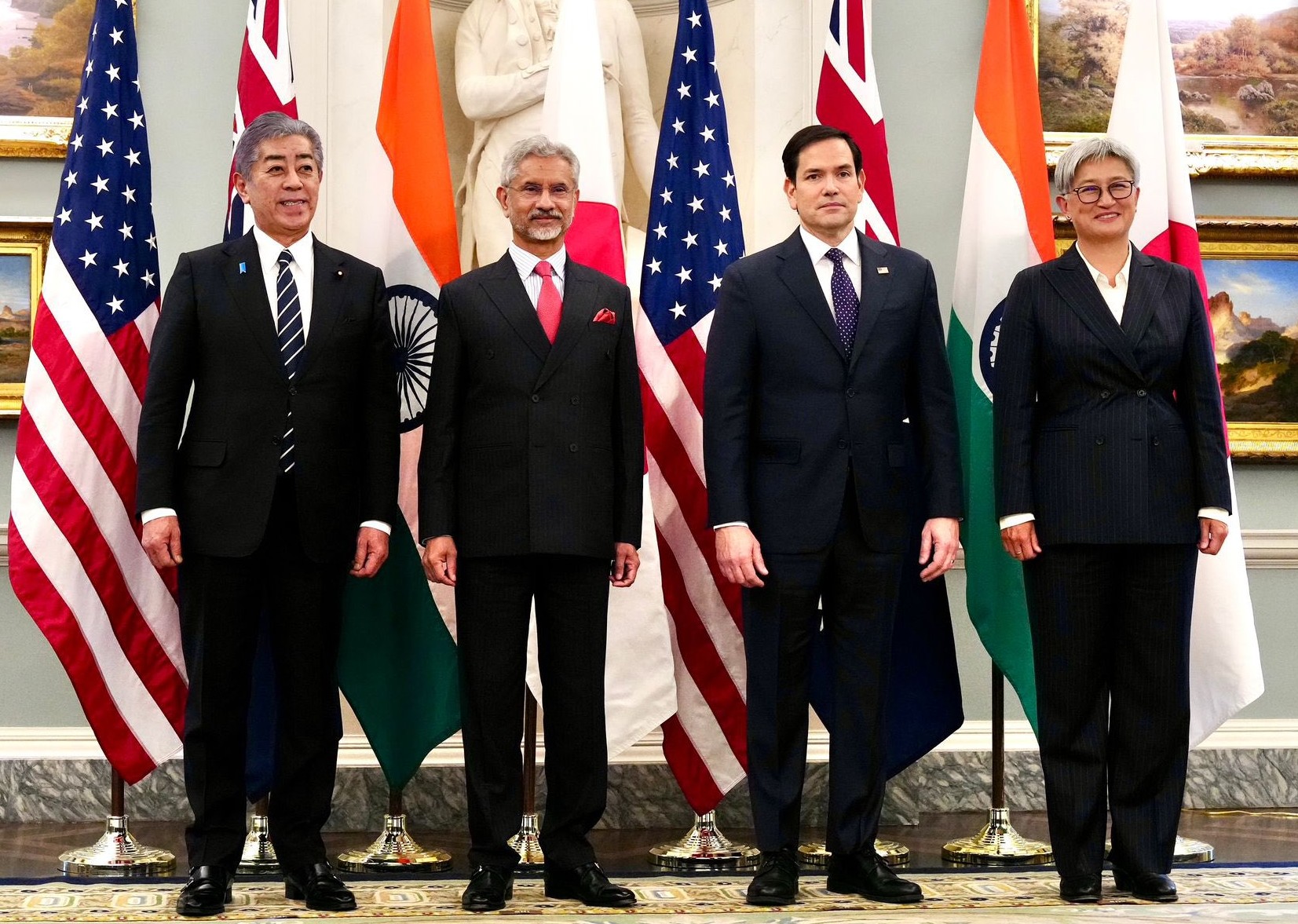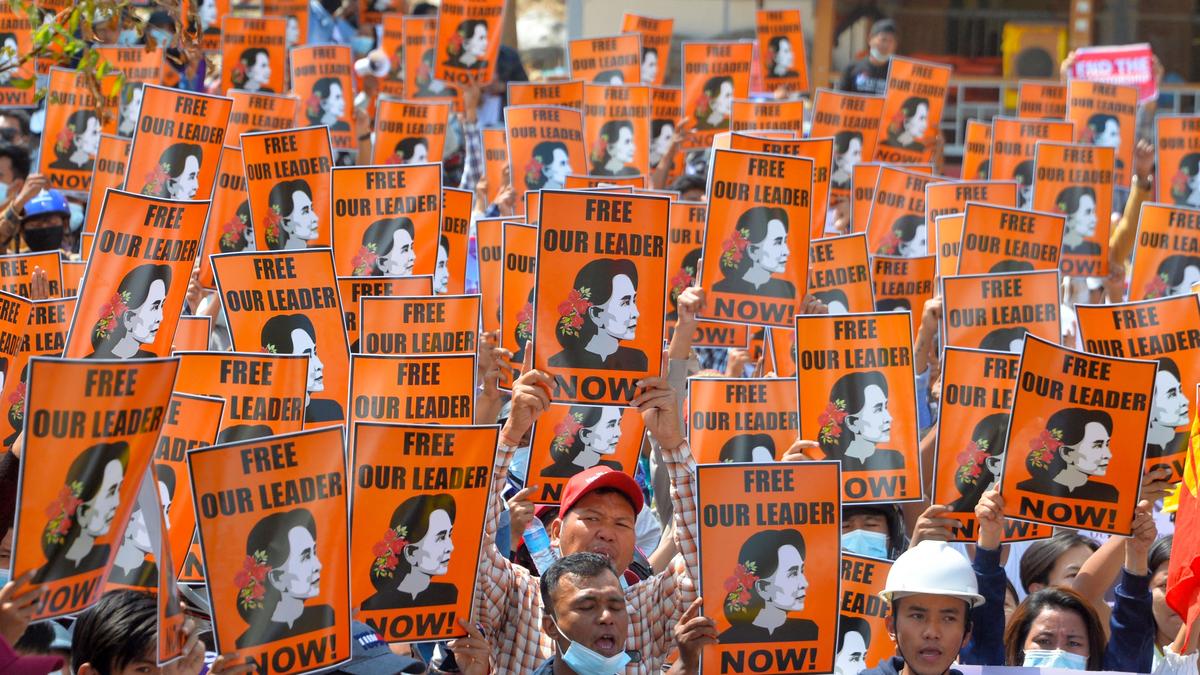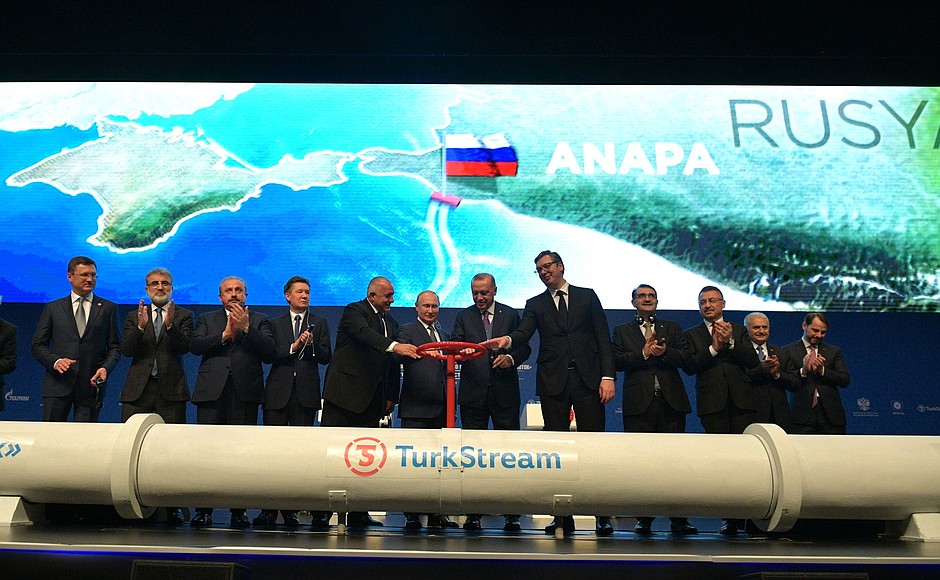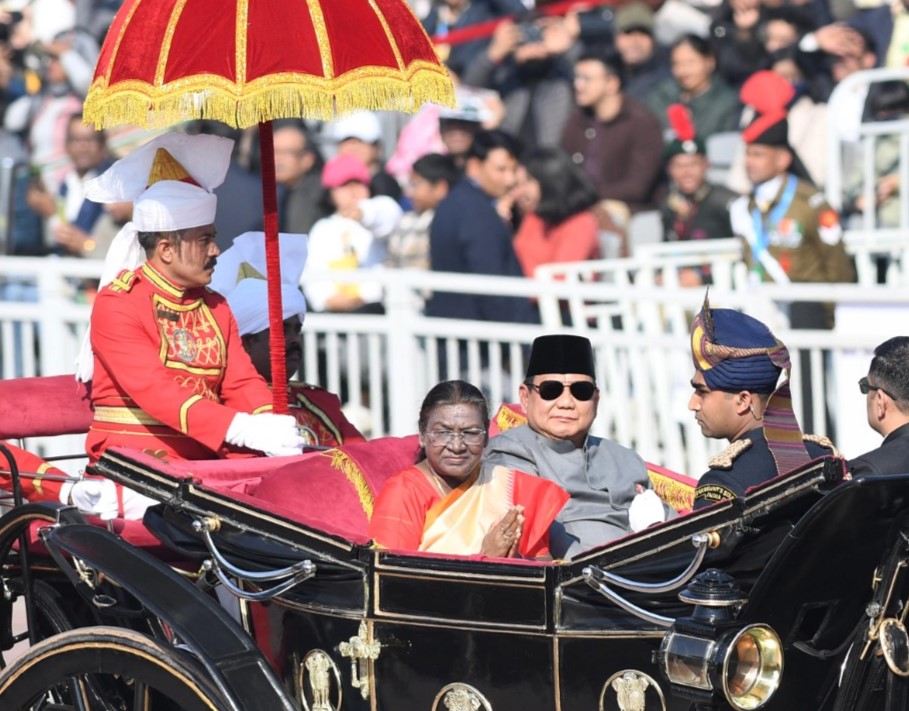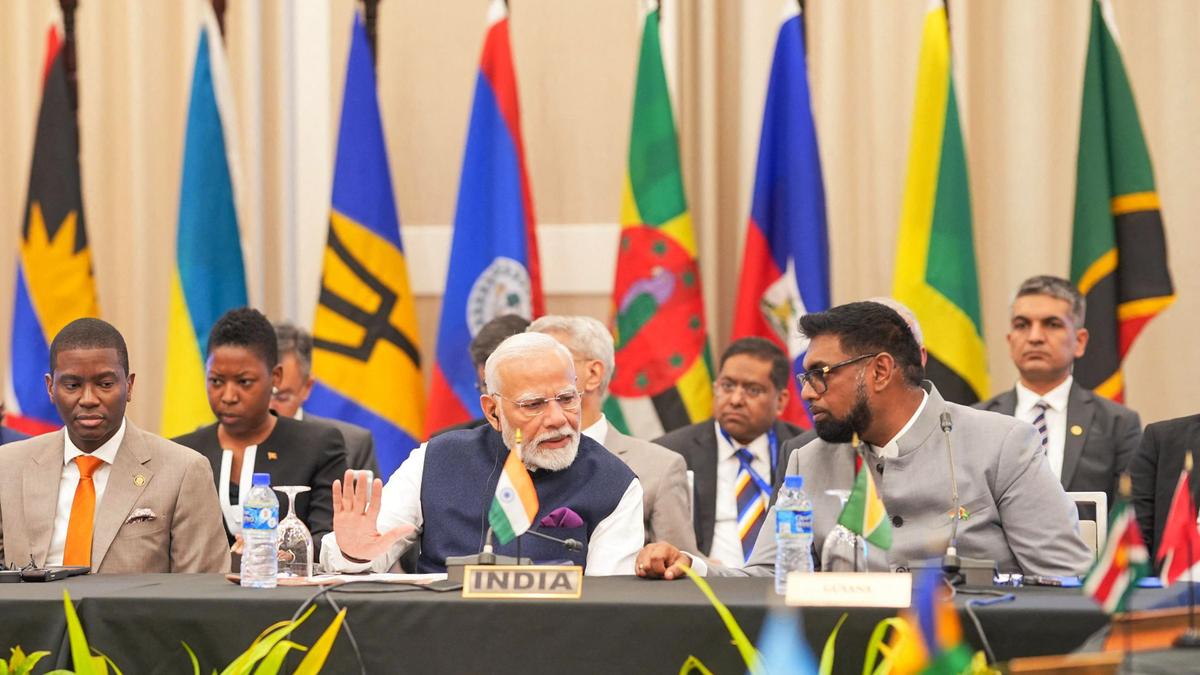PM Modi in Mauritius
Prime Minister Narendra Modi’s state visit to Mauritius reinforced the strategic partnership between the two nations amid growing geopolitical competition in the Indian Ocean. The visit introduced the Mahasagar vision for regional security and growth while advancing cooperation in trade, defence, digital infrastructure, and people-to-people ties. With the shared historical, cultural, and economic ties, Mauritius remains pivotal to India’s Indo-Pacific strategy.

